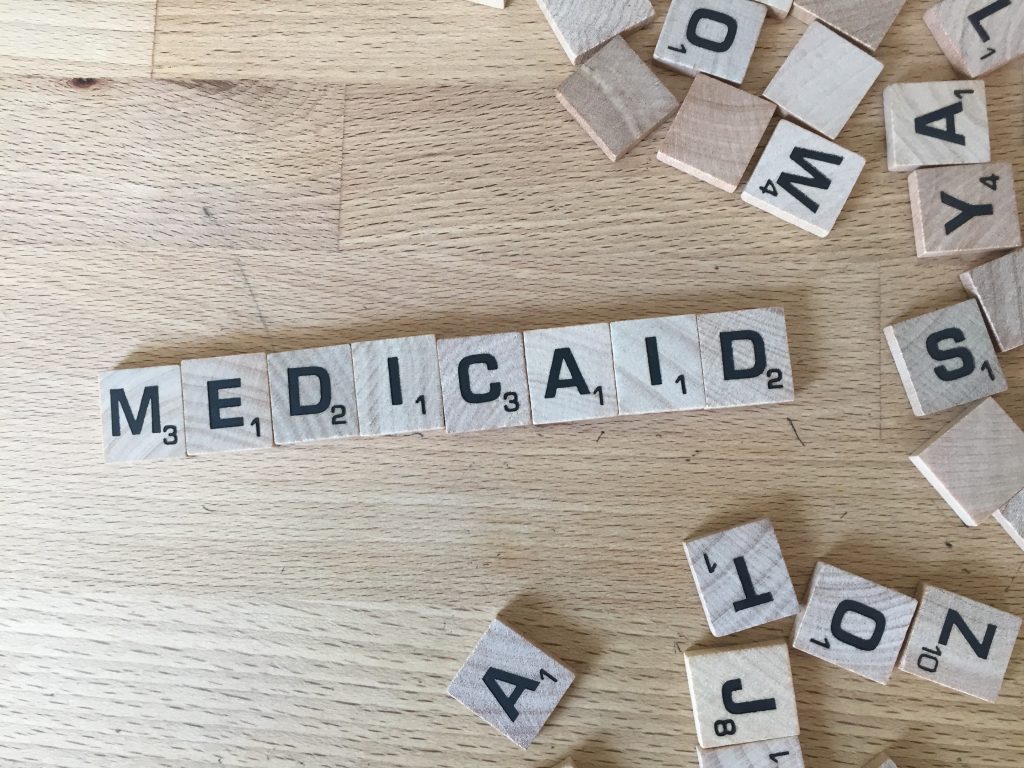COVID hit Medicaid hard

Medicaid members were about 33% more likely to be diagnosed with COVID than other Connecticut residents, according to CHNCT’s presentation Friday to the Medicaid oversight council. The average age of members with COVID was 52 years but ranged from newborn to 102 years old. Like the rest of the population, COVID hit Medicaid members with underlying health conditions harder. Comorbidities included hypertension (42%), diabetes (25%), while obesity, tobacco use, and asthma ranged from 14 – 18%. One in ten members with COVID also had a diagnosis of substance use disorder. Also mirroring the rest of the population, Black and Hispanic Medicaid members were more likely to catch COVID and to be hospitalized.
Medicaid members were also less likely to use general healthcare services. From April through June, ED visits were down 52.5% and outpatient hospital care was down 45.6% compared to last year. Adolescent well-visits were down 31% and hemoglobin A1c testing for members with diabetes was down 17.8%.
Telehealth use has skyrocketed during the pandemic. White Medicaid members were more likely to use telehealth than Blacks. Most members (76%) who used telehealth liked that they didn’t have to travel to the office and 43% liked that they waited less time for the appointment to start. Most liked the experience, felt the quality was the same as in-person care and would use telehealth again. But one in eight members who used telehealth reported that it was harder to talk with the provider and felt less personal. Members using telehealth for behavioral health were more likely to feel disconnected (14% vs 10.7%). Members who did not access telehealth were not included in the survey.
Beacon reported on the troubling trend of increasing behavioral health symptoms while utilization of most behavioral health care went down during the pandemic. Services that were down in the second quarter compared to last year included inpatient detox, home health visits, residential treatment, and autism services.
In good news, rates of suicide were down in spring and early summer both in Medicaid and for all Connecticut. Unfortunately, fatal drug overdoses for all CT residents were up, spiking in April.

